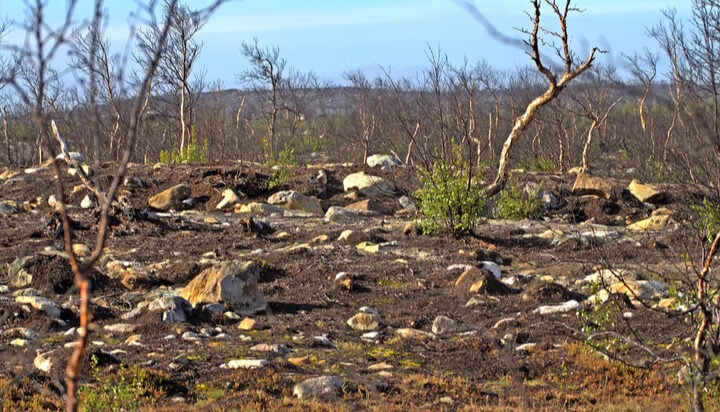An investment of $8.1 trillion (£5.7tn) must be made by 2050 in nature to successfully tackle the interlinked climate change, biodiversity and land degradation crises.
That’s according to a new UN report, which suggests annual investments in nature-based solutions will have to triple by 2030 and increase four-fold to $536 billion (£376bn) by 2050 from the current $133 billion (£93bn) investments.
The authors of the report – produced by the UN Environment Programme (UNEP), the World Economic Forum (WEF) and the Economics of Land Degradation Initiative (ELD) – are urging governments, financial institutions and businesses to overcome the investment gap by placing nature at the heart of economic decision-making in the future.
They add structural transformations are needed to close the finance gap between now and 2050, by building back more sustainably in the wake of the COVID-19 pandemic as well as repurposing harmful agricultural and fossil fuel subsidies and creating other economic and regulatory incentives.
According to the report, forest-based solutions alone, including the management, conservation and restoration of forests, will require $203 billion (£143bn) in total annual expenditure globally – equivalent to just above $25 (£17.6) per year for every citizen in 2021.
It calls for coupling investments in restoration action with financing conservation measures, which could result in forest and agro-forestry – the combination of food production and tree growing – area increases of around 300 million hectares by 2050.
UNEP Executive Director Inger Andersen said: “Biodiversity loss is already costing the global economy 10% of its output each year. If we do not sufficiently finance nature-based solutions, we will impact the capacities of countries to make progress on other vital areas such as education, health and employment. If we do not save nature now, we will not be able to achieve sustainable development.
“The report is a wake-up call for governments, financial institutions and businesses to invest in nature – including reforestation, regenerative agriculture and restoration of our ocean.”






